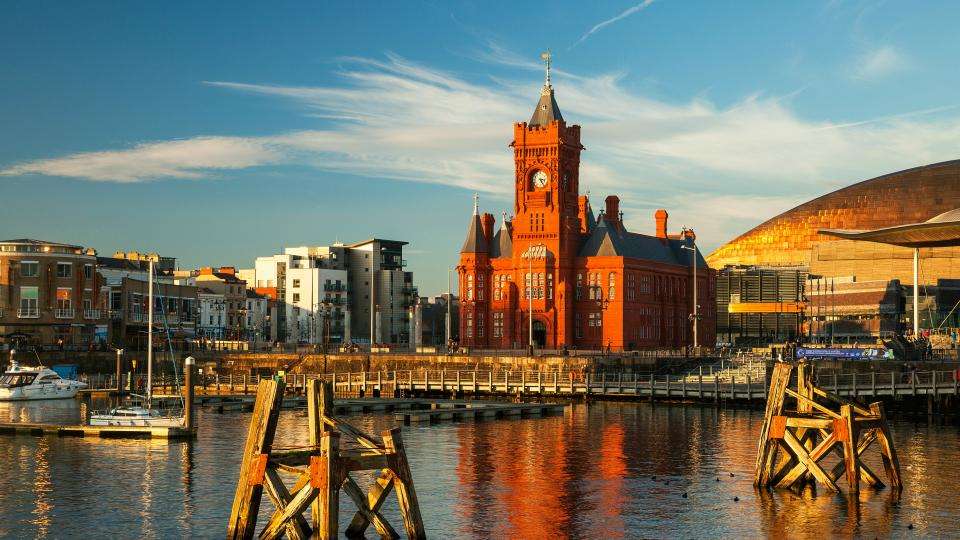4G coverage has become an increasingly crucial part of everyday life. Whether you’re using it to check the news, communicate online or navigate your way around town, 4G mobile coverage is a veritable essential in 2019.
But a recent investigation has found that 80% of the UK goes without full 4G coverage, suffering from poor connections and signal blackouts. Consumer association Which? analysed Ofcom data, discovering that countryside, towns and cities alike are all vulnerable – although the worst affected areas are in rural Scotland, Wales and Northern Ireland.
The study examined all 650 constituencies in the UK, concluding that a whopping 524 of them (81%) housed constituents unable to get 4G coverage from one of the four main mobile operators: EE, O2, Three and Vodafone.
READ NEXT: Best mobile networks 2019 – get the best-value tariffs on the strongest networks from £3.99 per month
While the worst affected city-based hubs were Rochford and Southend in Essex, Romsey and Southampton North in Hampshire, and South West Devon – all of which had less than 80% coverage with the four operations – major UK cities including Brighton, Cardiff and Sheffield also suffered from notably poor connections.
Meanwhile, just three constituencies in Scotland boasted full 4G coverage: Aberdeen North, Glasgow North West and Glasgow South West (which have come a long way since ABBA crooned the opening lines to Super Trouper). Cardiff Central was the only Welsh constituency with 100% 4G coverage – and Northern Ireland fared worst of all, with none.

The findings are disappointing, particularly given an ongoing government initiative to roll out 4G coverage to 95% of the country by 2022. The current percentage sits at just over two thirds (67%), while 8% of the UK’s geographic area has no 4G coverage at all.
READ NEXT: What is 5G? All you need to know about the next-gen mobile network in the UK?
What’s more, with mobile networks already rolling out 5G, the 4G overhaul may be left behind. 5G is being touted as a means of extending mobile signal to remote areas; the 5G Rural First organisation, for example, has been partnering with local businesses to extend 5G networks to rural areas for 18 months now.
For its part, Which? called for the government to buck its ideas up. “Millions of people are finding it difficult to get a reliable mobile connection and risk missing out on digital services we increasingly rely on – such as online banking, maps and NHS information – while some even struggle to receive important calls and messages,” said Caroline Normand, the platform’s director of policy.
“To tackle this unacceptable and widening digital divide, the government must act now to connect the UK with truly comprehensive mobile and broadband by swiftly putting in place a plan to give communities the infrastructure they need.”












